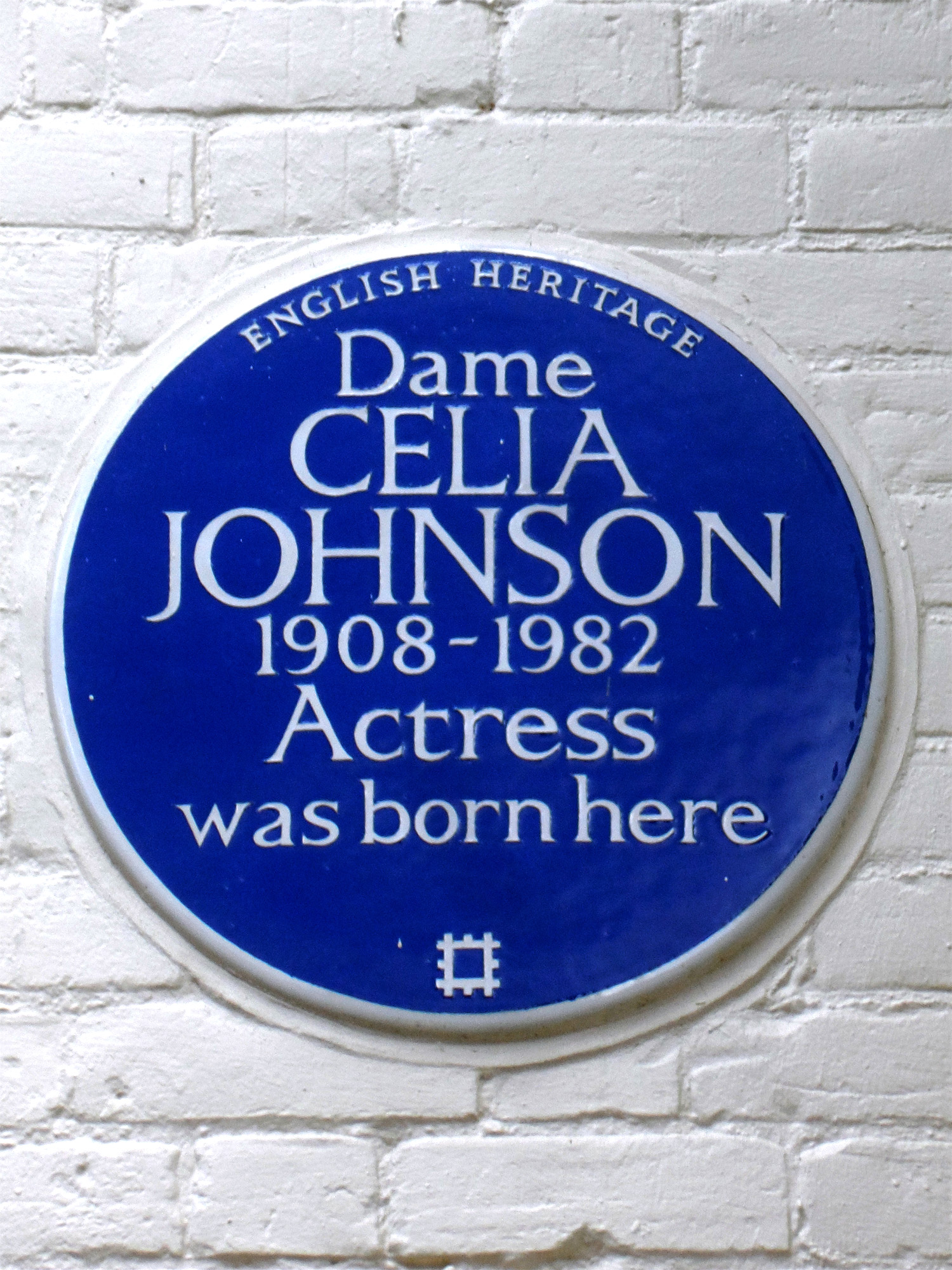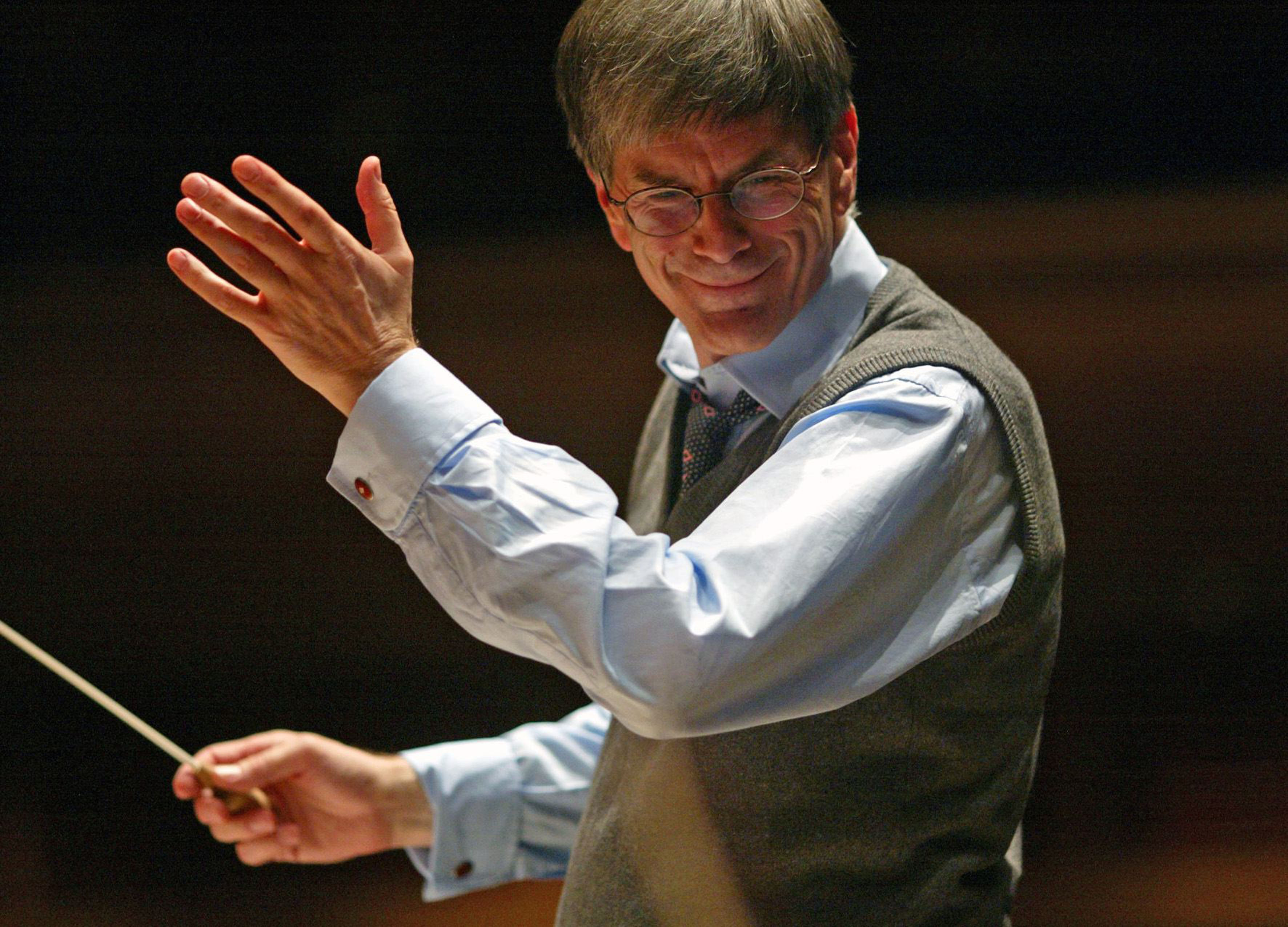|
St Paul's Girls' School
St Paul's Girls' School is an independent day school for girls, aged 11 to 18, located in Brook Green, Hammersmith, in West London, England. History St Paul's Girls' School was founded by the Worshipful Company of Mercers in 1904, using part of the endowment of the foundation set up by John Colet, to create a girls' school to complement the boys' school he had founded in the sixteenth century. The governors hold proprietorial responsibility, and some are representatives of the Universities of Oxford, Cambridge and London. The buildings for the school were designed by the architect Gerald Horsley, son of the painter John Callcott Horsley and one of the founder members of the Art Workers Guild. The school has had several distinguished directors of music, most notably Gustav Holst (1905–34) and Herbert Howells (1936–62). Holst composed his '' St Paul's'' and '' Brook Green'' suites for the pupils at the school. Holst also composed what is arguably his best known work, " ... [...More Info...] [...Related Items...] OR: [Wikipedia] [Google] [Baidu] |
Independent School (UK)
In the United Kingdom, independent schools () are fee-charging schools, some Financial endowment, endowed and governed by a board of governors and some in private ownership. They are independent of many of the regulations and conditions that apply to State-funded schools (England), state-funded schools. For example, pupils do not have to follow the National Curriculum (England, Wales and Northern Ireland), National Curriculum, although, some schools do. They are commonly described as 'private schools' although historically the term referred to a school in private ownership, in contrast to an Financial endowment, endowed school subject to a trust or of charitable status. Many of the older independent schools catering for the 12–18 age range in England and Wales are known as Public school (United Kingdom), public schools, seven of which were the subject of the Public Schools Act 1868. The term "public school" derived from the fact that they were then open to pupils regardless of wh ... [...More Info...] [...Related Items...] OR: [Wikipedia] [Google] [Baidu] |
Herbert Howells
Herbert Norman Howells (17 October 1892 – 23 February 1983) was an English composer, organist, and teacher, most famous for his large output of Anglican church music. Life Background and early education Howells was born in Lydney, Gloucestershire, the youngest of the six children of Oliver Howells, a plumber, painter, decorator and builder, and his wife Elizabeth. His father played the organ at the local Baptist church, and Herbert himself showed early musical promise, first deputising for his father, and then moving at the age of eleven to the local Church of England parish church as choirboy and unofficial deputy organist. The Howells family's risky financial situation came to a head when Oliver filed for bankruptcy in September 1904, when Herbert was nearly 12. This was a deep humiliation in a small community at the time and one from which Howells never fully recovered. Financially assisted by a member of the family of Charles Bathurst, 1st Viscount Bledisloe, who had ... [...More Info...] [...Related Items...] OR: [Wikipedia] [Google] [Baidu] |
Celia Johnson
Dame Celia Elizabeth Johnson, (18 December 1908 – 26 April 1982) was an English actress, whose career included stage, television and film. She is especially known for her roles in the films '' In Which We Serve'' (1942), '' This Happy Breed'' (1944), ''Brief Encounter'' (1945) and '' The Captain's Paradise'' (1953). For ''Brief Encounter'', she was nominated for the Academy Award for Best Actress. A six-time BAFTA Award nominee, she won the BAFTA Award for Best Actress in a Supporting Role for '' The Prime of Miss Jean Brodie'' (1969). Johnson began her stage acting career in 1928, and subsequently achieved success in West End and Broadway productions. She continued performing in theatre for the rest of her life and much of her later work was in television, including winning the BAFTA TV Award for Best Actress for the BBC ''Play for Today'', '' Mrs Palfrey at the Claremont'' (1973). She suffered a stroke and died soon after at the age of 73. Early life and education ... [...More Info...] [...Related Items...] OR: [Wikipedia] [Google] [Baidu] |
St Paul's Girls' School In London W6, Spring 2013 (5)
ST, St, or St. may refer to: Arts and entertainment * Stanza, in poetry * Suicidal Tendencies, an American heavy metal/hardcore punk band * Star Trek, a science-fiction media franchise * Summa Theologica, a compendium of Catholic philosophy and theology by St. Thomas Aquinas * St or St., abbreviation of "State", especially in the name of a college or university Businesses and organizations Transportation * Germania (airline) (IATA airline designator ST) * Maharashtra State Road Transport Corporation, abbreviated as State Transport * Sound Transit, Central Puget Sound Regional Transit Authority, Washington state, US * Springfield Terminal Railway (Vermont) (railroad reporting mark ST) * Suffolk County Transit, or Suffolk Transit, the bus system serving Suffolk County, New York Other businesses and organizations * Statstjänstemannaförbundet, or Swedish Union of Civil Servants, a trade union * The Secret Team, an alleged covert alliance between the CIA and American indust ... [...More Info...] [...Related Items...] OR: [Wikipedia] [Google] [Baidu] |
Spectrum Records
A spectrum (plural ''spectra'' or ''spectrums'') is a condition that is not limited to a specific set of values but can vary, without gaps, across a continuum. The word was first used scientifically in optics to describe the rainbow of colors in visible light after passing through a prism. As scientific understanding of light advanced, it came to apply to the entire electromagnetic spectrum. It thereby became a mapping of a range of magnitudes (wavelengths) to a range of qualities, which are the perceived "colors of the rainbow" and other properties which correspond to wavelengths that lie outside of the visible light spectrum. Spectrum has since been applied by analogy to topics outside optics. Thus, one might talk about the " spectrum of political opinion", or the "spectrum of activity" of a drug, or the "autism spectrum". In these uses, values within a spectrum may not be associated with precisely quantifiable numbers or definitions. Such uses imply a broad range of conditio ... [...More Info...] [...Related Items...] OR: [Wikipedia] [Google] [Baidu] |
Hilary Davan Wetton
Hilary John Davan Wetton (born 23 December 1943) is a British conductor. Biography Hilary Davan Wetton was educated at Westminster School and Oxford University. He has married three times, in 1964 to Elizabeth Tayler and in 1989 to Alison Kelly. He is currently married to Professor Tonia L Vincent with whom he has one daughter Career Davan Wetton is Musical Director of the City of London Choir anAlina Orchestra as well as Associate Conductor of the London Mozart Players. He is Conductor Emeritus of the Milton Keynes City Orchestra (of which he was founding conductor) and of the Guildford Choral Society which he conducted from 1968 - 2008. Other choirs of which he has been Musical Director include the Leicester and Hastings Philharmonic Choirs and the Surrey Festival Chorus. He was Founder Conductor of the Holst Singers with whom he made a number of acclaimed recordings. His extensive discography also includes the Holst Choral Symphony, with the Guildford Choral Society and t ... [...More Info...] [...Related Items...] OR: [Wikipedia] [Google] [Baidu] |
This Have I Done For My True Love
"This Have I Done for My True Love", or "Tomorrow Shall Be My Dancing Day", Op. 34, no. 1 128 is a motet or part song composed in 1916 by Gustav Holst. The words are taken from an ancient carol, and the music is so strongly influenced by English folk music that it has sometimes been mistaken for a traditional folk song itself. It has often been described as a small masterpiece. Composition In 1916 Holst was living in a country cottage two miles south of Thaxted in Essex. There he became aware of the ancient Cornish carol " Tomorrow Shall Be My Dancing Day" thanks to the town's vicar, Conrad Noel, who, having come across it in an 1833 collection edited by William Sandys, copied out the words and pinned them up in church. Thinking the carol's traditional tune rather uninspiring, Holst produced his own setting for mixed choir, which, though it betrays the contrapuntal and harmonic influence of the English madrigalists, uses a modal melody so redolent of folksong that it ... [...More Info...] [...Related Items...] OR: [Wikipedia] [Google] [Baidu] |
Orchestral Suite
A suite, in Western classical music and jazz, is an ordered set of instrumental or orchestral/concert band pieces. It originated in the late 14th century as a pairing of dance tunes and grew in scope to comprise up to five dances, sometimes with a prelude, by the early 17th century. The separate movements were often thematically and tonally linked. The term can also be used to refer to similar forms in other musical traditions, such as the Turkish fasıl and the Arab nuubaat. In the Baroque era, the suite was an important musical form, also known as ''Suite de danses'', ''Ordre'' (the term favored by François Couperin), ''Partita'', or ''Ouverture'' (after the theatrical "overture" which often included a series of dances) as with the orchestral suites of Christoph Graupner, Telemann and J.S. Bach. During the 18th century, the suite fell out of favour as a cyclical form, giving way to the symphony, sonata and concerto. It was revived in the later 19th century, but in a di ... [...More Info...] [...Related Items...] OR: [Wikipedia] [Google] [Baidu] |
St Paul's Girls' School In London W6, Spring 2013 (3)
ST, St, or St. may refer to: Arts and entertainment * Stanza, in poetry * Suicidal Tendencies, an American heavy metal/hardcore punk band * Star Trek, a science-fiction media franchise * Summa Theologica, a compendium of Catholic philosophy and theology by St. Thomas Aquinas * St or St., abbreviation of "State", especially in the name of a college or university Businesses and organizations Transportation * Germania (airline) (IATA airline designator ST) * Maharashtra State Road Transport Corporation, abbreviated as State Transport * Sound Transit, Central Puget Sound Regional Transit Authority, Washington state, US * Springfield Terminal Railway (Vermont) (railroad reporting mark ST) * Suffolk County Transit, or Suffolk Transit, the bus system serving Suffolk County, New York Other businesses and organizations * Statstjänstemannaförbundet, or Swedish Union of Civil Servants, a trade union * The Secret Team, an alleged covert alliance between the CIA and American indust ... [...More Info...] [...Related Items...] OR: [Wikipedia] [Google] [Baidu] |
A Levels
The A-Level (Advanced Level) is a subject-based qualification conferred as part of the General Certificate of Education, as well as a school leaving qualification offered by the educational bodies in the United Kingdom and the educational authorities of British Crown dependencies to students completing secondary or pre-university education. They were introduced in England and Wales in 1951 to replace the Higher School Certificate. A number of Commonwealth countries have developed qualifications with the same name as and a similar format to the British A Levels. Obtaining an A Level, or equivalent qualifications, is generally required across the board for university entrance, with universities granting offers based on grades achieved. Particularly in Singapore, its A level examinations have been regarded as being much more challenging than the United Kingdom, with most universities offering lower entry qualifications with regard to grades achieved on a Singaporean A level cer ... [...More Info...] [...Related Items...] OR: [Wikipedia] [Google] [Baidu] |
GCSE
The General Certificate of Secondary Education (GCSE) is an academic qualification in a particular subject, taken in England, Wales, and Northern Ireland. State schools in Scotland use the Scottish Qualifications Certificate instead. Private schools in Scotland may choose to use GCSEs from England. Each GCSE qualification is offered in a specific school subject (English literature, English language, mathematics, science, history, geography, art and design, design and technology, business studies, classical civilisation, drama, music, foreign languages, etc). The Department for Education has drawn up a list of preferred subjects known as the English Baccalaureate for England on the results in eight GCSEs including English, mathematics, the sciences (physics, chemistry, biology, computer science), history, geography, and an ancient or modern foreign language. Studies for GCSE examinations take place over a period of two or three academic years (depending upon the subject, scho ... [...More Info...] [...Related Items...] OR: [Wikipedia] [Google] [Baidu] |
John Gardner (composer)
John Linton Gardner, CBE (2 March 1917 – 12 December 2011) was an English composer of classical music. Early life John Gardner was born in Manchester, England and grew up in Ilfracombe, North Devon. His father Alfred Linton Gardner (born 1882, Ilfracombe died 10 April 1918, France) was a local physician and amateur composer who was killed in action in the First World War. His grandfather was John Twiname Gardner, also a general practitioner and composer. His mother, Emily Muriel Pullein-Thompson, was the sister of Captain Harold J "Cappy" Pullein-Thompson, who was the father of Josephine, Diana and Christine Pullein-Thompson and their brother, the playwright Denis Cannan. Gardner was educated at Eagle House School, Sandhurst, Wellington College and Exeter College, Oxford, where he was the Hubert Parry organ scholar. An important figure in his early life was Hubert J. Foss of Oxford University Press, who published the ''Intermezzo for Organ'' in 1936 and introduced him ... [...More Info...] [...Related Items...] OR: [Wikipedia] [Google] [Baidu] |






